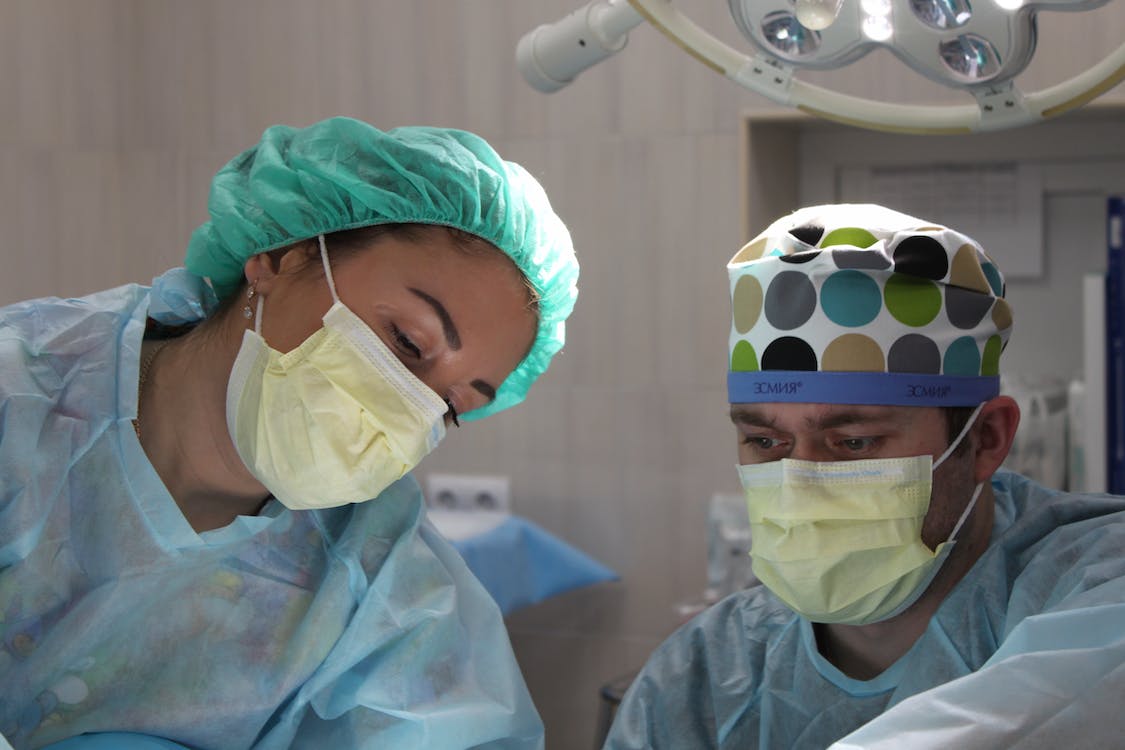
With medical science constantly advancing, it is up to healthcare professionals to keep up with new technology to take the best care of their patients. Doctors, surgeons, and nurses can only take care of their patients according to the tools and tech they have access to. For example, restarting a heart is incredibly difficult, and less efficient without the aid of a defibrillator. A child suffering from anaphylactic shock won’t get very far without an Epi-pen. Online education means that people have access to affordable MSN FNP courses wherever they might be.
With the sheer range of technology available to nurses, keeping up with the times is a significant part of a nurse’s job. This technology is not only essential to performing their duties but can completely revolutionize the face of the industry. If nurses fail to attend to their learning about the newest tech in the healthcare sphere, they risk falling behind current knowledge and practice, which further places limitations on the care they can reliably provide their patients.
Technological Advancement in Medicine
Much is taken for granted in modern medicine. In the 5th century BCE, it was common practice to drill a hole in the head to release evil spirits or rotten blood that were thought to be the source of a headache. Hippocrates, Greek physician and namesake of the “Hippocratic Oath”, the oath that all modern healthcare workers must take, believed that the uterus traveled around women’s bodies; “strangled” by menstrual blood and seeking semen to feed on. This was the common belief until the 1500s, more than 1000 years later.
It can be bewildering to think about but there was a time when going to hospital meant being tied down while people operated on you while you were awake. This included gruesome procedures involving cutting bones and messing around with a person’s internal systems while conscious. We won’t even tell you what removing a bladder stone was like during the 17th century.
The point is, that medicine has come a long way in a few thousand years, and the amazing thing about learning is that the more we know, the faster we can advance. This is why it is so important for nurses (and other healthcare professionals) to keep up with technological advances, it represents a new base of knowledge. If they don’t keep up with it, it signifies a falling behind of the times.
How Can Nurses Keep Up?
With new research being done all the time on a variety of conditions and illnesses, the accuracy and usefulness of existing technology, and the veracity of existing information in a constantly evolving world, it can seem like an impossible task to keep up with the times.
Nurses are usually required to keep up with their technical and theoretical knowledge in the form of CE credits, or “Continuing Education” credits. These credits represent a nurse’s efforts to maintain or update their working knowledge of developments in their industry. Nurses can acquire these credits through a variety of means, including attending seminars, conferences, online classes, in-class training, or additional study. Whatever the method, all CE credit courses must be approved by an authoritative body, such as the Accreditation Council for Continuing Medical Education (ACCME) or the American Medical Association (AMA).
If nurses fail to acquire their continuous education requirements, they risk either losing their employment, losing their license, or both.
The Importance of Technology in Medicine
It may seem extreme to threaten a nurse’s career based on their technical know-how, but the level of dependence we have on technology to save lives is staggering, and if a nurse doesn’t know their tech they risk misreading or misusing a device that could potentially be vital to a person’s ongoing life.
For example, one such technological development is the use of AI to analyze patient data through predictive analytics. Predictive analytics used this way analyzes recurrent trends in a patient’s medical history and arrives at logical likely conclusions. This has helped form care plans for patients, reduce wait times, streamline decision-making, and deliver quicker results for tests. A nurse untrained in using these analytics won’t have access to the expedited data gained through this technology.
Another technological advancement is called “clinical mobility”, the ability to share and receive patient data through hand-held devices in real-time. This technology has improved the speed of care and allowed nurses hurrying to emergencies to prepare as they make their way to the patient, delivering potentially life-saving drugs, tools, or machinery to the emergency site.
Aside from these, there are many ways that technology is necessary for a nurse’s ongoing career. The developments we make in this era will create a new foundation of knowledge which will then go on to save the lives of more people in the future. For this development to be as fast and efficient as possible, we need our nurses to be able to keep up with this technology. Thankfully due to the CE requirements of every state and modern tech, nurses have more resources than ever to meet this rubric.